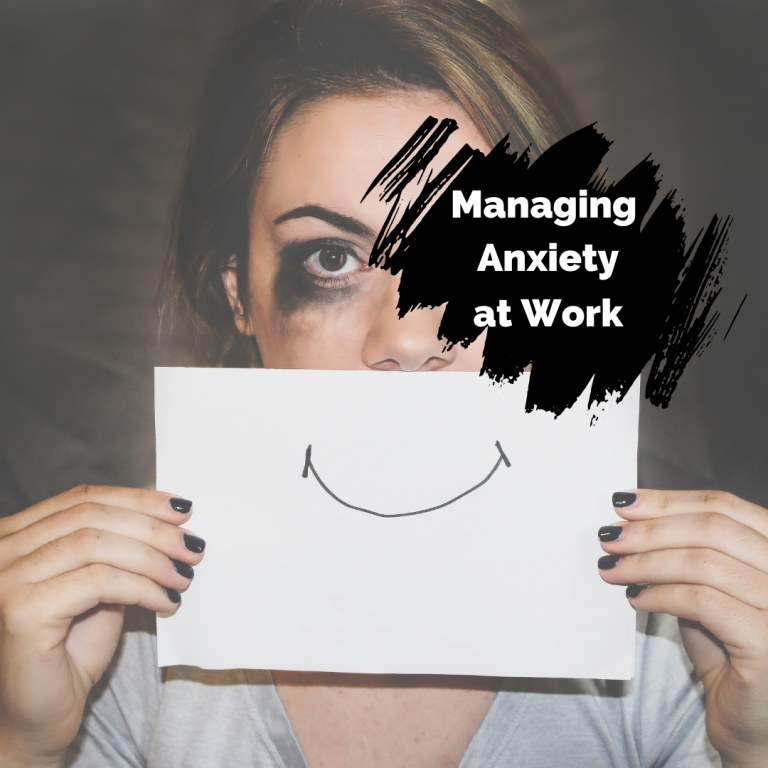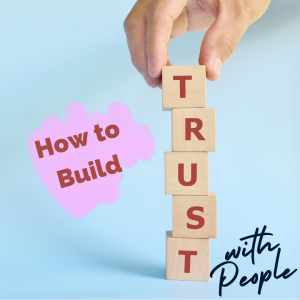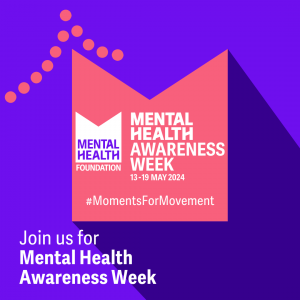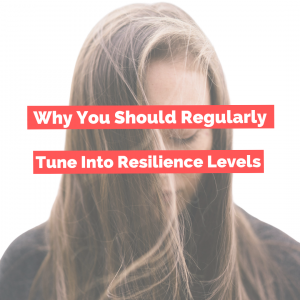Next month (15-21 May), is Mental Health Awareness Week and this year's theme is…drumroll please and a not-so-warm welcome for…ANXIETY.
CM Learning specialises in helping people to switch off their internal auto-pilot, to tune into what’s happening for us underneath the surface so we can ultimately face the world with a stronger and more resilient mindset. So, challenging and personal as the theme is, it’s a timely choice of topic.
Those of you who know me and read my blogs may have noticed that I am a huge fan of anything and everything that promotes mental health and wellbeing.
I recently shared my own personal auto-pilot origin story and was overwhelmed by the response. I experienced high levels of anxiety as a child, largely due to my mother’s alcoholism and the toxic relationship she had with my step-father. Looking back with an adult lens, the thing I’m most thankful for is that it helped me to begin tuning into my own thoughts and feelings at a deeper level from a very young age.
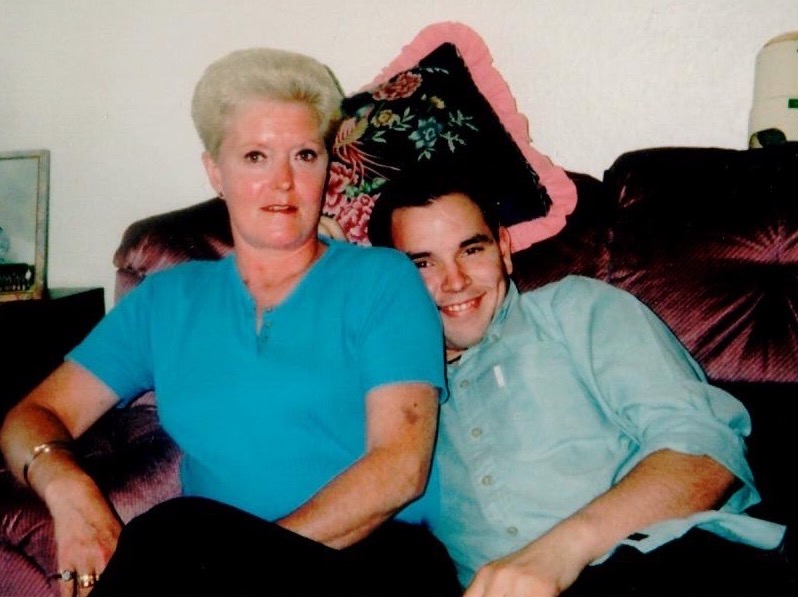
A week of highlighting anxiety-related issues can only help to de-stigmatise talking about our own and others’ mental health, and I say bring it on.
Anxiety affects so many of us and permeates both our personal and professional lives. With Mind UK reporting that one in every six people experience anxiety in any given week, this month’s blog is an ideal opportunity to discuss anxiety and share tips – both here and from a wealth of other CM Learning blogs – on how to manage anxiety at work.
What is anxiety?
Anxiety is a normal stress response. Let’s face it: with so many competing pressures in our lives, stress and anxiety have become habitual and constant – if albeit unwelcome – bedfellows.
Anxiety is that mixture of uneasiness, nervousness, worry, and fear - about yourself or the people you care about.
A little anxiety can be beneficial from time to time, but tipping the angst balance too far or too frequently into a constant state of worry can lead to serious physical and mental health problems. Too many recurring triggers and insufficient coping mechanisms will wreak havoc on our tolerances and ability to perform at our best.
Spotting the signs
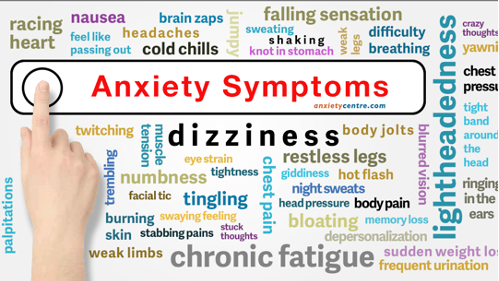


When you have a work deadline approaching, does your stomach clench? Can you feel your heart rate soaring before a performance review? Do you freeze with fear when you have to present to a client? Is it difficult for you to concentrate because of your anxiety?
Anxiety is fuelled by uncertainty, which can be the most unsettling and frightening of places. Physical symptoms are palpable and incapacitating. Mentally we get sucked into our thought traps. Judgment becomes cloudy, concentration seeps; we worry about worst-case scenarios, about every little thing that could go wrong; we unfairly compare ourselves to others and, of course, we beat ourselves up over any minor slip-up.
Sound familiar? If so, I’ve got a message for you:
You Are Not Your Anxiety
Believe me. Anxiety is real, for sure. I can be sitting on the sofa of an evening, seemingly having a lovely time perhaps even with a glass of wine and *THUD-THUD* the palpitations hit me about a big event I have to facilitate somewhere down the line (sometimes the event might even be months away). For me, that feeling is real and there is no denying it, yet that’s exactly what many of us try to do: deny it. Suppress the feelings deep down and ignore them.
There are ways and means when it comes to managing anxiety at work. Each of us are uniquely different, with hugely varying backgrounds that have made us who we are today, for better or worse. Different things will work for each of us and so ultimately, when it comes to how to manage anxiety, the top tip is simply to…
Switch from auto-pilot to manual and consciously begin to take back control of those anxious indicators that your physiology fires through your system.
Here are my top seven tips for making anxiety your ally, letting go of its burden, and lessening that health-depleting personal toll. Many of the tips link to other blogs, so dive in and make a conscious start.
1. Acknowledge your anxiety
Noticing and accepting what you’re feeling is the first step to start working out your coping strategies and tactics.
2. Boost your resilience
Download my ten point plan to build your resilience now
3. Focus on the things you can control
Let go of issues that are simply too big or too complex for you to solve, just keep your attention on what you can do right now.
4. Understand what triggers your stress
Uncovering the true source of your anxiety means you approach yourself more positively, you’ll feel better and think more clearly.
5. Dump those self-sabotaging thought traps
Overthinking, catastrophising, those ‘what if’s’, the constant replays…anything that keeps you locked into that negative mindset are huge amplifiers. It’s time to move the needle!
6. Give yourself a break
Self-care isn’t selfish; when we have tough stuff going on it’s more important than ever to try and draw a line under that particular worry for a while and replenish our internal strength for whatever’s to come.
Replacing “self-judgment” with
“self-kindness” can greatly
reduce anxiety
7. Support others and their mental health
Notice those around you who may be experiencing anxiety and help where you can, and keep in mind the importance of seeking specialist advice and support.
There is no quick or easy cure for anxiety, yet small, meaningful actions and changes in our thinking can help us refocus our brains towards healthier, more productive, and happier times at work and at home.
So, in preparation for Mental Health Awareness Week I’ve made a start by sharing tips on how to manage anxiety at work and have officially kicked off my quest to spread the ‘A’ word. How about you: how will you manage and release your anxiety?

